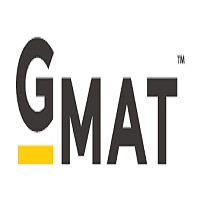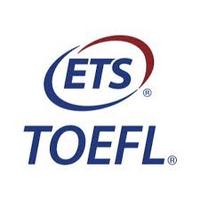Studying in Germany can be an attractive option due to its high-quality education and relatively low tuition fees. While "free" education is not always entirely accurate, many public universities in Germany do offer low or no tuition fees for international students. Here’s a guide to help you understand the process:
1. Understanding Tuition Fees
- Public Universities : Many public universities in Germany charge low or no tuition fees for international students. However, there may be a nominal semester fee (which covers administrative costs, student services, etc.) that ranges from EUR 150 to EUR 300 per semester.
- Private Universities : Private institutions generally charge higher tuition fees.
2. Eligibility for Free or Low-Cost Education
- Public Universities : You can study at public universities with minimal tuition fees if you meet the admission requirements and apply to a program that does not have additional costs.
- Scholarships : Various scholarships are available to cover living costs and other expenses. Check for scholarships offered by universities, government programs (like DAAD), or private organizations.
3. Application Process for German Universities
-
Research Universities and Programs : Identify universities and programs that match your interests. Use resources like the DAAD (German Academic Exchange Service) website to find suitable options.
-
Check Eligibility Requirements :
- Academic Requirements : Ensure you meet the academic qualifications for the program you’re interested in. For undergraduate programs, this typically involves having completed secondary education equivalent to the German Abitur.
- Language Requirements : Many programs are in German, so proficiency in German might be required. For programs in English, you will need to demonstrate proficiency in English (e.g., through TOEFL or IELTS scores).
-
Prepare Documents :
- Transcripts and Certificates : Your intermediate or high school transcripts and certificates.
- Proof of Language Proficiency : If applicable.
- Motivation Letter : Explaining why you want to study the chosen program.
- CV/Resume : Detailing your educational background and any relevant experience.
- Passport : A valid passport.
-
Apply Through University or Uni-Assist :
- Direct Application : Some universities allow direct applications through their own online portals.
- Uni-Assist : Many universities use Uni-Assist, a service that helps with the preliminary review of applications from international students. Check if the university you’re applying to uses Uni-Assist.
-
Apply for a Student Visa :
- Visa Application : Once admitted, apply for a student visa at the German embassy or consulate in your home country. You'll need proof of admission, financial resources, and health insurance.
-
Attend Interviews (if applicable) : Some programs might require interviews or additional assessments.
-
Register at the University : Once you receive your visa and arrive in Germany, complete your registration at the university.
Scholarships and Financial Aid
- DAAD Scholarships : The German Academic Exchange Service offers various scholarships for international students.
- University Scholarships : Check if the universities you are applying to offer scholarships or financial aid.
Summary
While you may not find completely free education, many German public universities offer low-cost education. The application process involves researching universities, meeting eligibility criteria, preparing necessary documents, and applying either directly or through Uni-Assist. Additionally, exploring scholarship opportunities can help cover living costs.
For the most accurate and specific information, always refer to the official websites of the universities and the DAAD website.







